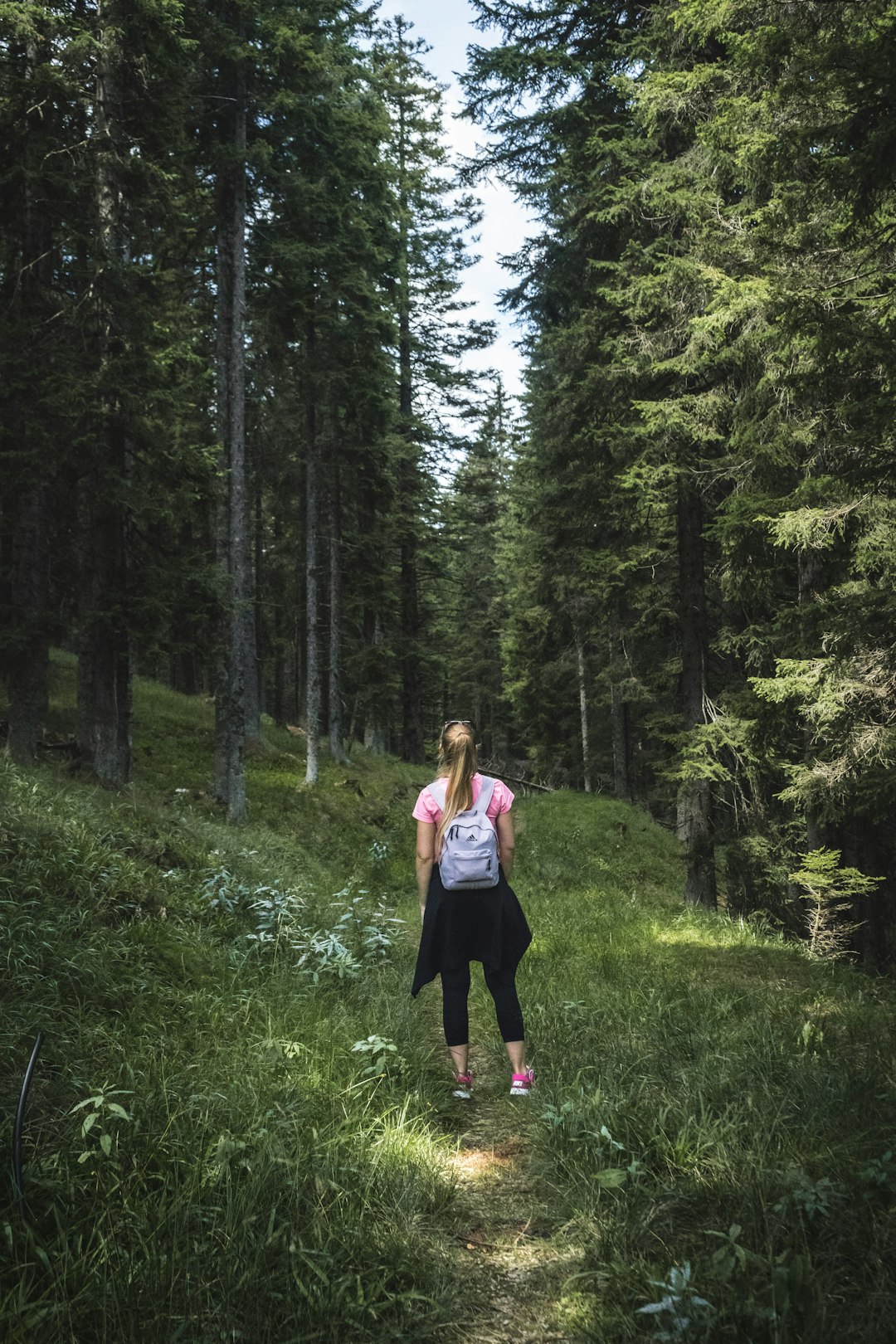Building a campfire is a quintessential part of any outdoor adventure, whether you’re camping in the wilderness or simply enjoying a backyard bonfire with friends. However, it’s important to remember that fires can be dangerous if not handled properly. In order to ensure a safe and enjoyable experience, it’s essential to learn how to build a campfire safely and responsibly.
The first step to building a campfire is to choose a suitable location. Look for a clear, level spot away from any potentially flammable materials such as dry grass or leaves. Ideally, the site should be at least 15 feet away from tents, buildings, and other flammable structures. Make sure there are no overhanging branches or bushes that could easily catch fire.
Next, gather the necessary materials for your campfire. You will need three types of fuel: tinder, kindling, and firewood. Tinder is small, dry material that catches fire easily, such as newspaper, dry leaves, or pine needles. Kindling consists of small sticks or twigs that will help ignite the larger pieces of firewood. Finally, gather a good supply of firewood in various sizes to keep the fire burning once it is established.
Once you have all of your materials ready, it’s time to start building the campfire. Begin by creating a small pile of tinder in the center of your chosen spot. Light the tinder with a match or lighter, taking care to shield the flame from any wind that may be present. As the tinder ignites, gradually add kindling on top to help the fire grow. Once the fire is burning steadily, you can start adding larger pieces of firewood to keep it going.
It’s important to remember that a campfire should never be left unattended. Always have a responsible adult present to monitor the fire and ensure that it is safely contained. Never leave a campfire burning overnight or when you are not present, as this poses a serious fire hazard.
When it comes time to extinguish the campfire, there are a few important steps to follow. Begin by allowing the fire to burn down until only hot coals remain. Use a shovel or stick to spread out the coals and ensure that they are fully extinguished. Next, pour water over the remaining embers and coals, stirring them with a stick to fully extinguish the fire. Continue adding water until the remnants of the fire are cool to the touch.
It’s crucial to never leave a campfire until you are completely certain that it has been properly extinguished. Even a small ember can reignite and spark a new fire, posing a serious danger to the surrounding area. Always double-check that the campfire is fully out before leaving the site.
In addition to following these steps for building and extinguishing a campfire, it’s important to practice good fire safety habits at all times. Never leave a fire unattended, and always keep a bucket of water or a fire extinguisher nearby in case of emergencies. Avoid burning plastic, aluminum, or other materials that can release toxic fumes or leave behind harmful residue.
By following these guidelines and exercising caution when building and maintaining a campfire, you can enjoy the warmth and camaraderie that comes with gathering around a crackling fire without putting yourself or the environment at risk. Remember, fire safety is everyone’s responsibility, so make sure to do your part to keep our outdoor spaces safe and beautiful for generations to come.


